Degenerative diseases are characterized mainly by the death of specific nerve cells, excluding conditions such as ischemia, infection, intoxication, and malignant tumors. Recent advances in degenerative diseases research have been made through animal models recapitulating human genetic mutations.
So, to better understand the pathophysiology of these diseases, we conduct extensive research in small animals like mice. The experiments we conduct have lower costs and greater acceptability from an ethical perspective and are carried out by our experts, leading to the best, most accurate results.
Stroke – via Jugular vein model
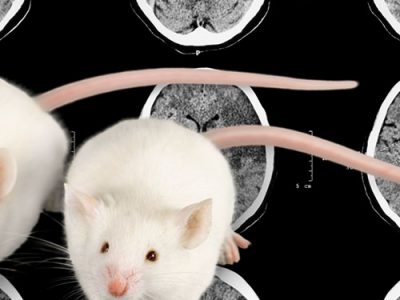
Stroke is a devastating disease with high morbidity and mortality, among the top causes of severe and long-term disability. Approximately 87% of acute strokes are...
Amyotrophic Lateral Sclerosis (ALS)
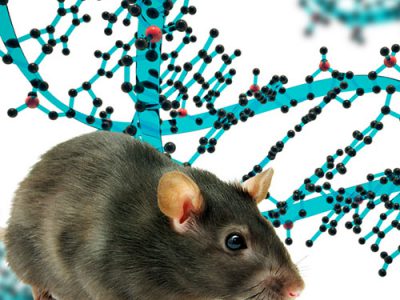
ALS is a progressive neurodegenerative disease characterized by the gradual degeneration of motor neurons, causing ascending paralysis and ultimately death. As ALS progresses, speaking, swallowing,...
Spinal cord injury (SCI)
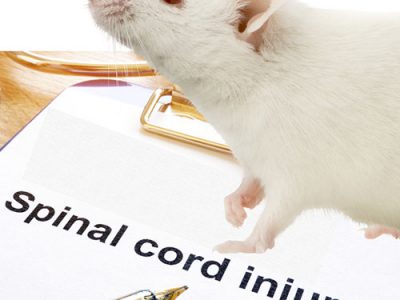
Although there is no definite treatment for SCI, various research studies are ongoing, including experimental models to understand the anatomical and biological events involved in...
Schizophrenia disease
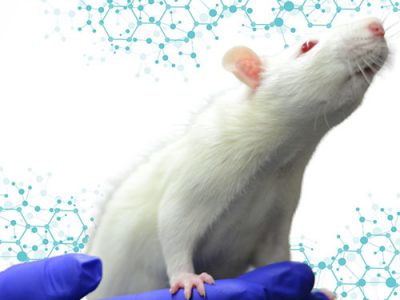
How can rodents’ behavior can help decipher a human mental illness? Schizophrenia is characterized by a diverse constellation of positive and negative symptoms and can...
Parkinson’s disease
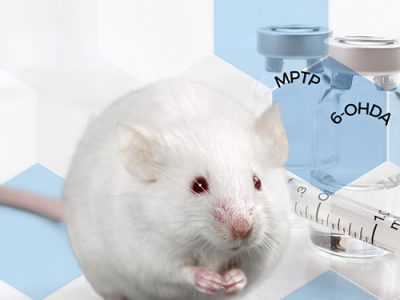
Parkinson’s disease, a common neurodegenerative condition, causes irreversible loss of dopaminergic neurons in the Substantia Nigra Pars Compacta. Neurotoxins such as 6-hydroxydopamine (6-OHDA) or MPTP...
